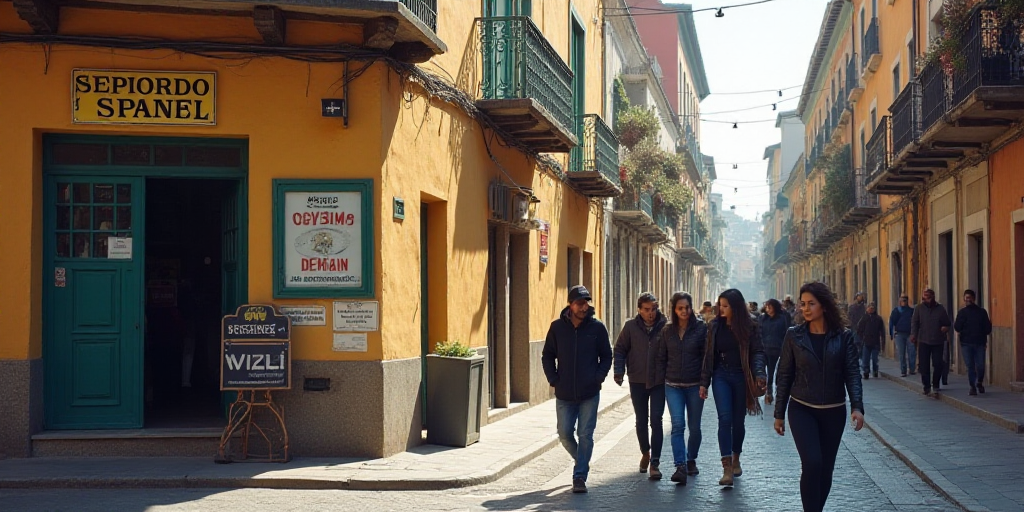Background on the Issue
In 2023, Mexico City’s Fiscalía recorded 242,392 denuncias and querellas for various crimes. According to the report “Hallazgos desde lo local 2023: Seguimiento y evaluación de la justicia penal en la Ciudad de México” by the civil organization Mexico Evalúa, more than half of these cases (136,951 or 56.5%) were still under investigation before being linked to a prosecution.
Key Findings
- Out of 200,000+ denunciations, only 39.11% (149,286) resulted in determinations.
- The most common determination was “archivo temporal” (45,067), followed by “incompetencia” (45,067).
- Common crimes included robbery (74,958), family violence (35,578), and fraud (23,891).
- The most reported crimes against life and physical integrity were lesiones (10,305) and homicide (1,467).
Public Perception of Corruption and Trust in Authorities
The report also assessed public perception of corruption among various institutions:
- Mexico City’s traffic police was deemed the most corrupt institution, with an average of 82.7%, surpassing the national average of 73.9%.
- The Ministry Publico followed with 81.7%, significantly higher than the national average of 62.8%.
- Judicial authorities were perceived as corrupt by 78.9% of respondents, compared to the national average of 66.0%.
- The Ministerial or Investigative Police scored 71.1%, which is much higher than the national average of 57.8%.
Mexico City ranked ninth nationally in terms of capacity, with a score of 694/1000, indicating relatively good structural conditions for achieving results.
In terms of delictive incidence per entity, based on data from the Executive Secretariat of the National System of Public Security (SESNSP), Mexico City ranked 7th out of 32 entities with a rate of 2,542.7 crimes per 100,000 inhabitants. This placed the capital above the national average of 1,657.4 cases per 100,000 inhabitants during the same period.
Regarding the “dark figure” of crime, according to the National Survey of Victimization and Perception on Public Security (Envipe), Mexico City reported 92.6% of unreported crimes, slightly above the national average of 92.4%.
Trust in Justice Institutions
The report evaluated public trust in justice institutions:
- The Ministry Publico received only 38.6% of citizen trust, compared to the national average of 58.1%, representing “the most significant difference between the evaluated institutions and the lowest level of trust among all institutions.”
- Judicial authorities were trusted by 45.9% of respondents, compared to the national average of 59.1%.
- The Ministerial or Investigative Police received 48.8% of trust, compared to the national average of 59.1%.
The report emphasizes that the substantial differences between local and national averages of perceived trust in institutions pose a significant challenge for justice provision and enforcement. It is crucial that the population perceives institutions as approachable and capable of addressing the issues they must tackle.
Key Questions and Answers
- Q: How many cases were left unresolved in Mexico City? A: More than 60% of cases were left unresolved, with only 39.11% (149,286) being determinations.
- Q: What were the most common crimes reported? A: The most frequently reported crimes were robbery (74,958), family violence (35,578), and fraud (23,891).
- Q: How corrupt were Mexico City’s institutions perceived to be? A: The traffic police was deemed the most corrupt, with an 82.7% perception, while judicial authorities scored 78.9%, both above their respective national averages.
- Q: What percentage of citizens trusted justice institutions? A: The Ministry Publico received 38.6% trust, while judicial authorities and the Ministerial or Investigative Police received 45.9% and 48.8% trust, respectively – all below their national averages.






